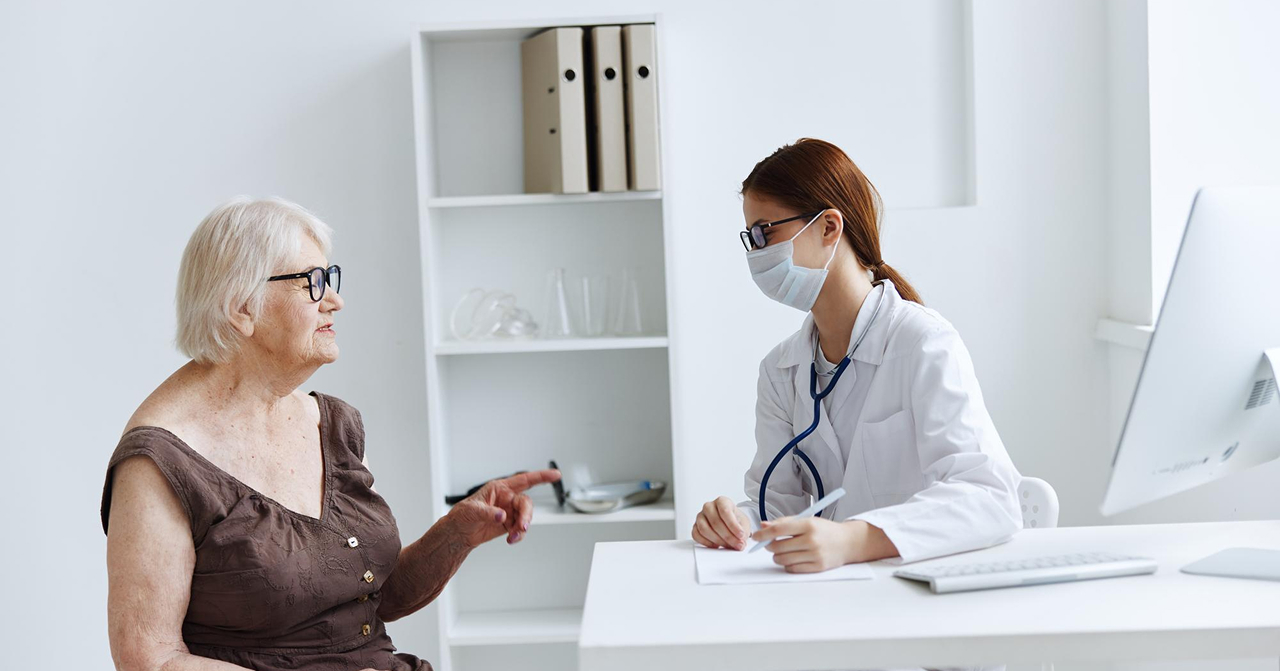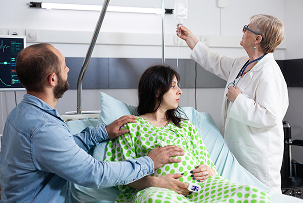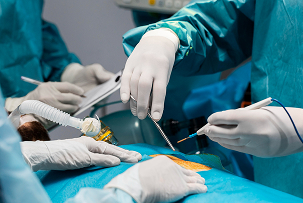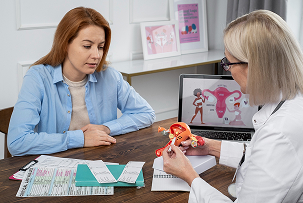What is Menopause?
Menopause is a natural condition experienced by women in their forties or fifties, marking the end of the reproductive period. The average age when women begin to experience symptoms such as hot flashes, low energy, disrupted sleep, and emotional imbalance is around 49–50 years.
Although menopause can feel overwhelming, lifestyle adjustments and hormonal therapy can help ease the transition.
Menopause Symptoms
Menopause symptoms vary for every woman. Some may only notice changes in menstrual cycles, while others may experience:
- Irregular menstrual cycles
- Missed menstrual cycles
- General fatigue
- Mood swings
- Depression
- Insomnia
- Irritability
- Higher heart rates
- Severe headaches
- Joint and muscle aches
- Vaginal dryness
- Low bladder control
- Libido changes (sex drive)
- Abnormal vaginal bleeding
Complications After Menopause
After menopause, changes in your body may lead to certain complications. These can include:
Cardiovascular Diseases
- Decreased estrogen levels increase the risk of heart-related diseases.
- Heart health becomes even more important after menopause.
Urinary Incontinence
- Loss of elasticity in vaginal and urethral tissues.
- Sudden strong urge to urinate or involuntary leakage.
- Leakage may occur during activities such as coughing or exercising.
Osteoporosis
- Bones become brittle and weak due to hormonal changes.
- Increased risk of fractures as you age.
Weight Gain
- Metabolism slows down after menopause.
- Lifestyle and dietary changes become necessary to maintain weight.
- Regular exercise helps manage weight effectively.
Sexual Function
- Vaginal dryness due to reduced moisture production.
- Loss of elasticity may cause discomfort during intercourse.
- Reduced libido and decreased desire for sexual activity.









